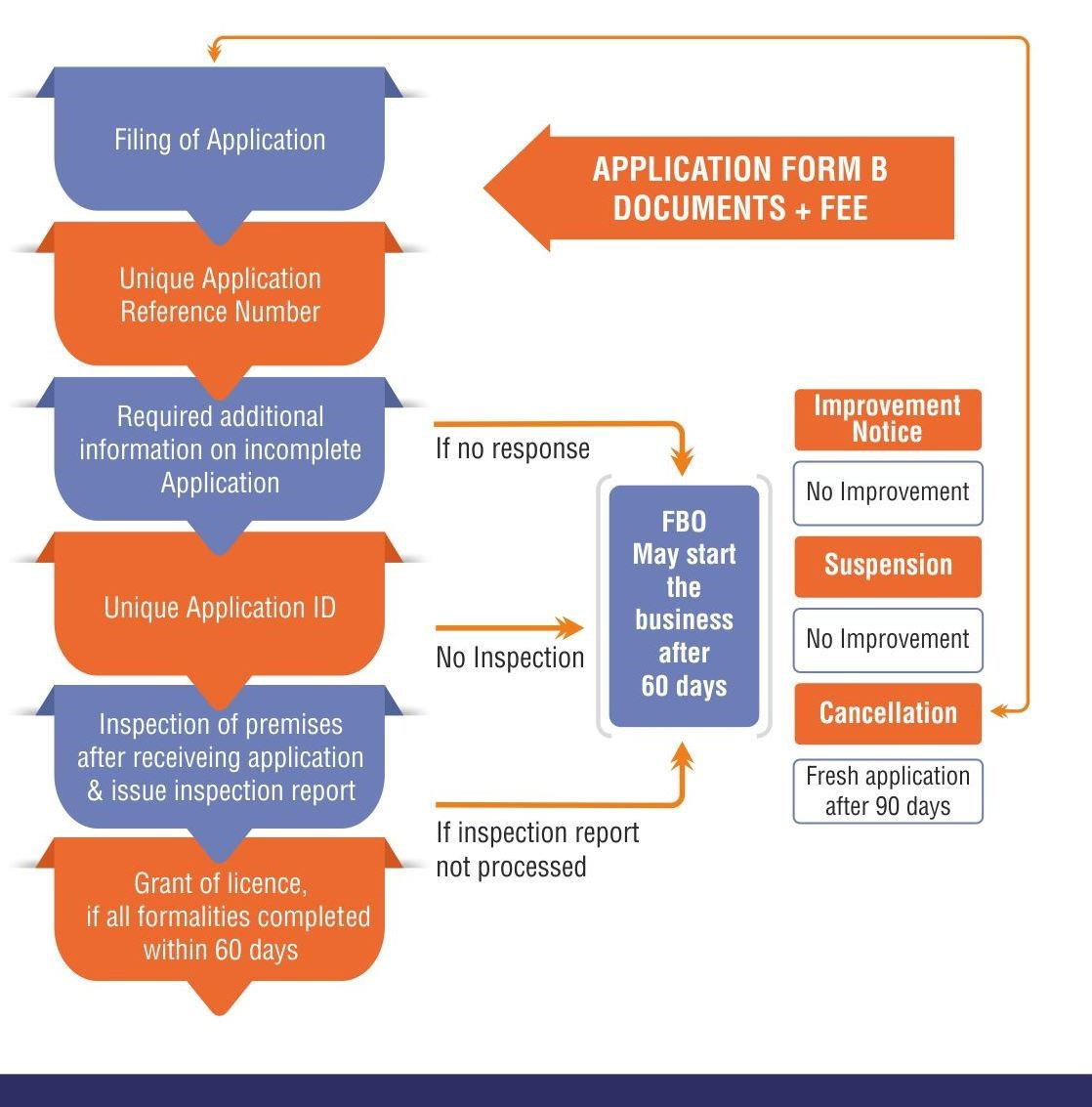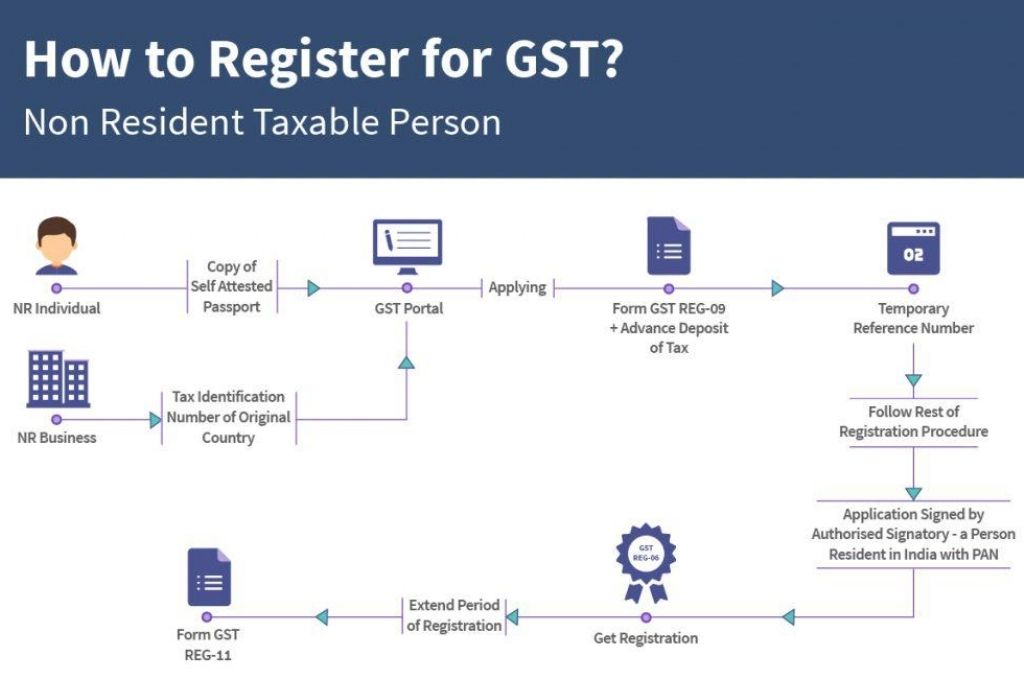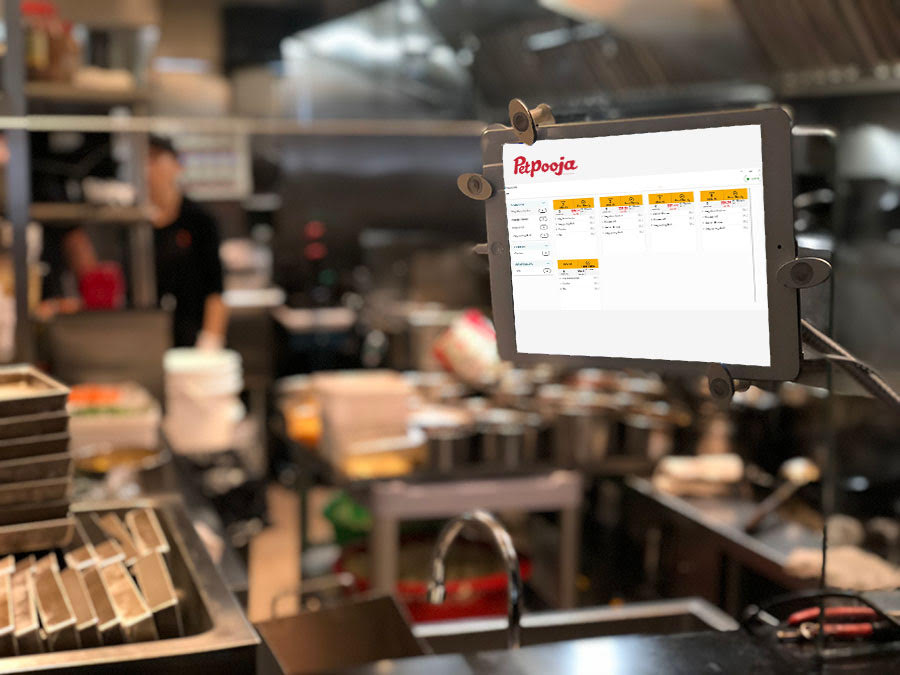The pandemic has been a woe for a few, while a blessing for others. Several restaurants closed down while others have been constantly bearing the brunt. However, during this time taking commercial kitchen on share or cloud Kitchens gained immense popularity as COVID-19 disrupted the restaurant industry.
So, What is a Cloud Kitchen?
Cloud Kitchens are famously known as delivery-only restaurants. They cater specifically to online orders placed through virtual delivery companies such as Swiggy and Zomato. Cloud kitchens bring with themselves the opportunity to conveniently reach a wider audience of foodies. Sounds simple right? Well, setting up your own cloud kitchen is as uncomplicated as its definition.
In this blog, we will specifically dig deeper into the licenses and essentials required to run a Cloud Kitchen.
1. Location:
Finding the perfect location for your cloud kitchen shouldn’t be a challenge considering you don’t have to take into account factors such as accessibility, design, and parking, among others. You can opt for a place that is close to your target delivery locations. In comparison to dine-in restaurants, location acts as a prime differentiator for bringing down the cost of investment.
2.Licenses:
Obviously, there is always a legal compliance requirement! Obtaining the apt licenses and certifications are important to conduct your business as well as provide customer satisfaction.
FSSAI (Food Safety and Standards Authority of India) :
FSSAI Licenses are mandatory for every food business operator in India. This license ensures that the kitchen is maintaining the food safety standards of India. After you file your application for the same, an inspection of the premise is conducted. The license is granted within 60 days if the procedure is successfully completed. The cost for a new license ranges between Rs. 2000- 5000.
GST Registration:
GST is levied on everyone dealing with the supply of goods and services across the country. In order for cloud kitchens to partner with food delivery platforms, they require a valid GST registration. GST Registration is required only if your aggregate turnover exceeds Rs.20 lakhs. At first, you need to file the enrollment form on https://www.gst.gov.in/. After which, you must submit the necessary documents and you will receive an acknowledgment number. The government does not charge any fees for GST Registration.
Shop and Establishment Act:
All commercial establishments nationwide come under the purview of this Act. You must file for this registration within 30 days of commencing your business. The registration certificate can be obtained by applying through the official website for your state. Registration fees for the same depend specifically on the location of the restaurant. It costs approximately Rs.1000 for a single registration in various cities.
Trade License:
Trade license allows you to start your cloud kitchen within a particular municipal limit. This helps in keeping up with public health concerns. Trade license fees include a fixed one-time payment along with renewal fees.
Fire and Safety License:
This license requires the kitchen owners to take precautions in case of the risk of fire. The license is issued within 7 days from the date of application. You can fill out the signup form and get started here- foodlicensing.fssai.gov.in
3. Restaurant Software:
While running a cloud kitchen you ought to have a quick automated solution and smart technology. Petpooja’s cloud kitchen software is your one-stop destination for an efficient and user-friendly Point-of-Sale System(POS System). Having a restaurant POS system or a restaurant software aids in integrating online orders, inventory management, customer engagement, employee performance, and restaurant analysis. Given the current situation, it is integral for restaurants to set up their own POS System.
It goes without saying that setting up your own cloud kitchen with Petpooja is easy and convenient. Follow these 3 basic steps to set up your cloud kitchen and you are good to go. Reach out to us on 7046223344 or shivani.dad@petpooja.com for more tips and guidance. We would love to help you grow your restaurant business!
Read Also:

























